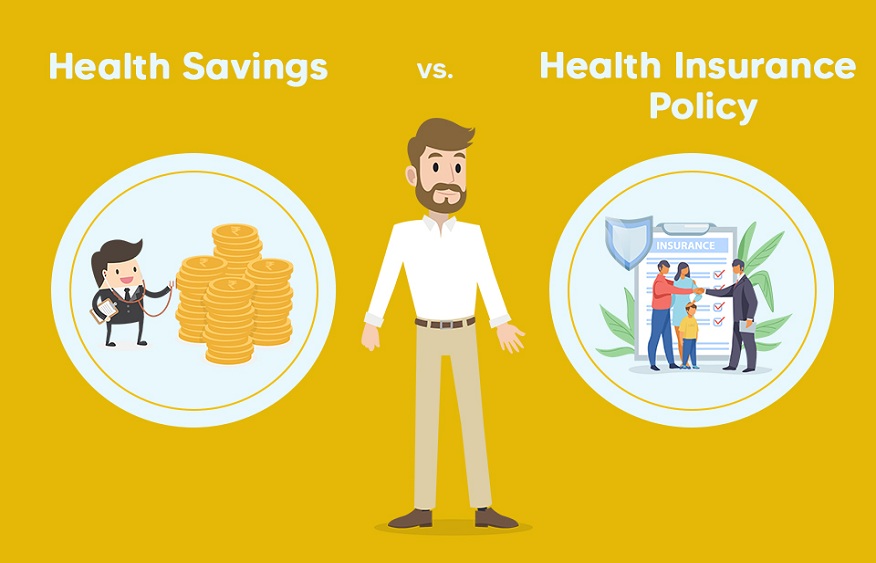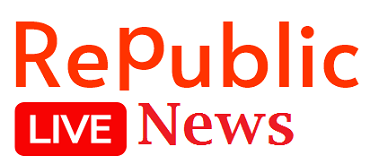
Saving for healthcare is crucial, particularly after the experience with COVID. Health Savings Accounts (HSAs) are a modern healthcare security option alongside health insurance.
Health Savings Accounts (HSA): What Are They?
A Health Savings Account is a savings account that can be opened with a bank to put money aside for unanticipated medical and healthcare expenses.
Here Are The Differences Between Health Insurance Plans And Health Savings Accounts
| Factors | Health Insurance | Health Savings Account |
| Definition | A health insurance contract states that the insurer will cover the insured person’s network hospital and medical costs. A policy provides multiple options for health insurance coverage and the ability to add additional members. | A health savings account is a type of savings account that can be opened with a bank to save money for unexpected medical and healthcare expenses for one or more people. |
| Money Movement | In exchange for coverage up to a predetermined amount insured and additional benefits like ambulance coverage, a cumulative bonus, etc., you pay an annual premium for a health policy. * | You can set aside money in a health savings account for healthcare and unexpected medical expenses. You can choose the amount and reserve the funds here at your convenience. |
| Offered By | Health insurance plans are offered by insurance companies and aggregators. | With a bank or other financial organisation, you can open a health savings account. |
| Tenure | You can choose a health policy for 1, 2 or 3 years. However, you are able to renew the policy every year on a lifelong basis. | HSAs are generally held for one’s lifetime. |
Which Is Better For You, A Health Savings Account Or Health Insurance?
Here are some things to take into account to assist you in selecting the ideal health security plan:
1. Determine Your Medical Needs And Policy Coverage
Assess your family members’ medical needs when choosing a health plan. Consider their ages and health conditions to determine the coverage and health insurance benefits. Remember, while a health insurance plancan cover emergencies, it may not cover all medical expenses.
2. Make Wise Insurance Benefit Selections
Health insurance policies offer a range of medical and non-medical coverage options, such as pre- and post-hospitalization, daycare treatments, cumulative bonuses, and ambulance coverage. Health savings accounts may not include these benefits and require specific features. *
3. Take Into Account The Flow Of Funds And Interest Accrued
A health savings account is ideal if you prioritise saving for medical expenses and benefit from its 8% interest rate. You have the flexibility to withdraw funds as needed. However, maintaining a disciplined savings routine in a health savings account might be challenging.
4. Take Full Advantage Of Cashless Insurance
Cashless claim settlement is a valuable feature in health insurance, ensuring the insurer directly pays the network hospital, sparing you from out-of-pocket expenses. However, a health savings account may or may not offer this benefit. Both health insurance and health savings accounts have shared features, including potential tax deductions based on policy terms. A financial benefit for policyholders is the medical expenses deduction, allowing them to reduce their taxable income by claiming eligible healthcare costs. **
*Standard T&C Apply
**Tax benefits are subject to change in prevalent tax laws.
##All savings are provided by the insurer as per the IRDAI-approved insurance plan. Standard T&C apply
Insurance is the subject matter of solicitation. For more details on benefits, exclusions, limitations, terms, and conditions, please read the sales brochure/policy wording carefully before concluding a sale.







